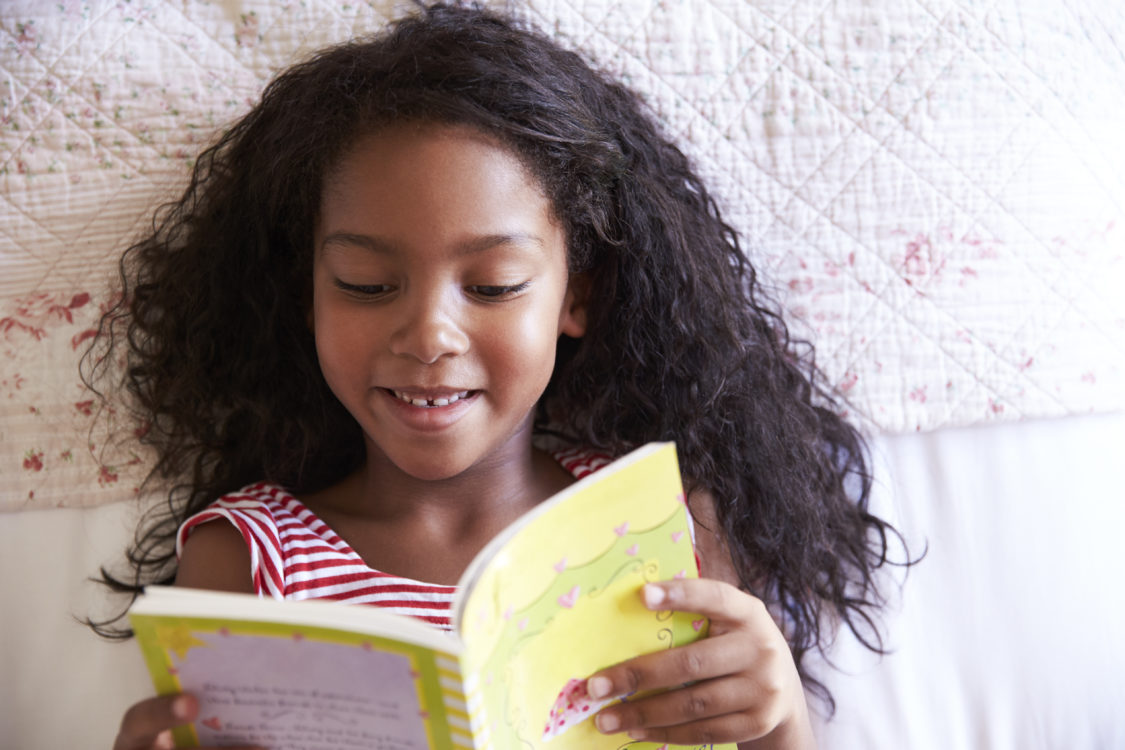With an unpredictable start to the school year ahead, one thing’s for sure: you are preparing for all eventualities and thinking about what you will do to welcome your students.
Undoubtedly, you wonder what kinds of opportunities you might have for community building and learning about your students as readers, writers, and people. You are not alone, and I’m here to share a tip that can support you with this whether you end up gathering in person, online, or some combination of the two.
Over the past several months, while attending too many online meetings to count, in the tic-tac-toe of video rectangles, something specific has caught my attention.
Maybe it’s because I am the person in the Zoom meeting who always has a coffee and a back-up glass of water nearby, but I have become fascinated with what everybody is drinking out of. Handmade pottery with swirly designs; tall, skinny seltzer cans with drawings of fruit climbing up their sides; stout, stark white cylindrical mugs; water bottles adorned with school logos; stadium cups from a game three years ago; favorite characters staring back at me from the hands of colleagues I know well and connections I am making for the first time.
What strikes me is that objects like these typically have stories—stories that, if told, can reveal much about the person holding them.
Saying things like, “I can’t help but notice that gorgeous mug,” or, “It’s surprising to see an Islanders logo,” or, “Where is that quote on your glass from?” have opened the door to meaningful conversations, allowing me to listen and learn about the person on the other side of the screen.
We were able to create some sense of community in the online space.
In the first days and weeks of school we dedicate ourselves to connecting and re-connecting with students, establishing a sense of community and trust, and careful observation to begin to learn about the children joining us in the classroom. As we prepare for the upcoming school year, while there is uncertainty around whether we will meet in physical or virtual classrooms, or some combination of the two, the importance of getting to know our students cannot be understated.
Use the familiar tools – ask students about their favorite memories from summer, find out what kinds of books they have been reading, help them start their writers’ notebooks with idea lists and maps, and quick writes. Listen and read all that they express. But also, notice small windows into their lives. Maybe it’s a keychain on a backpack, a sticker adorning a planner, a special hairstyle, a slogan on a t-shirt; maybe it’s a cup.
And follow that noticing with a comment or question that gives value to what you saw and invites conversation.
Before you know it your community of learners, wherever it comes together, will feel familiar.





